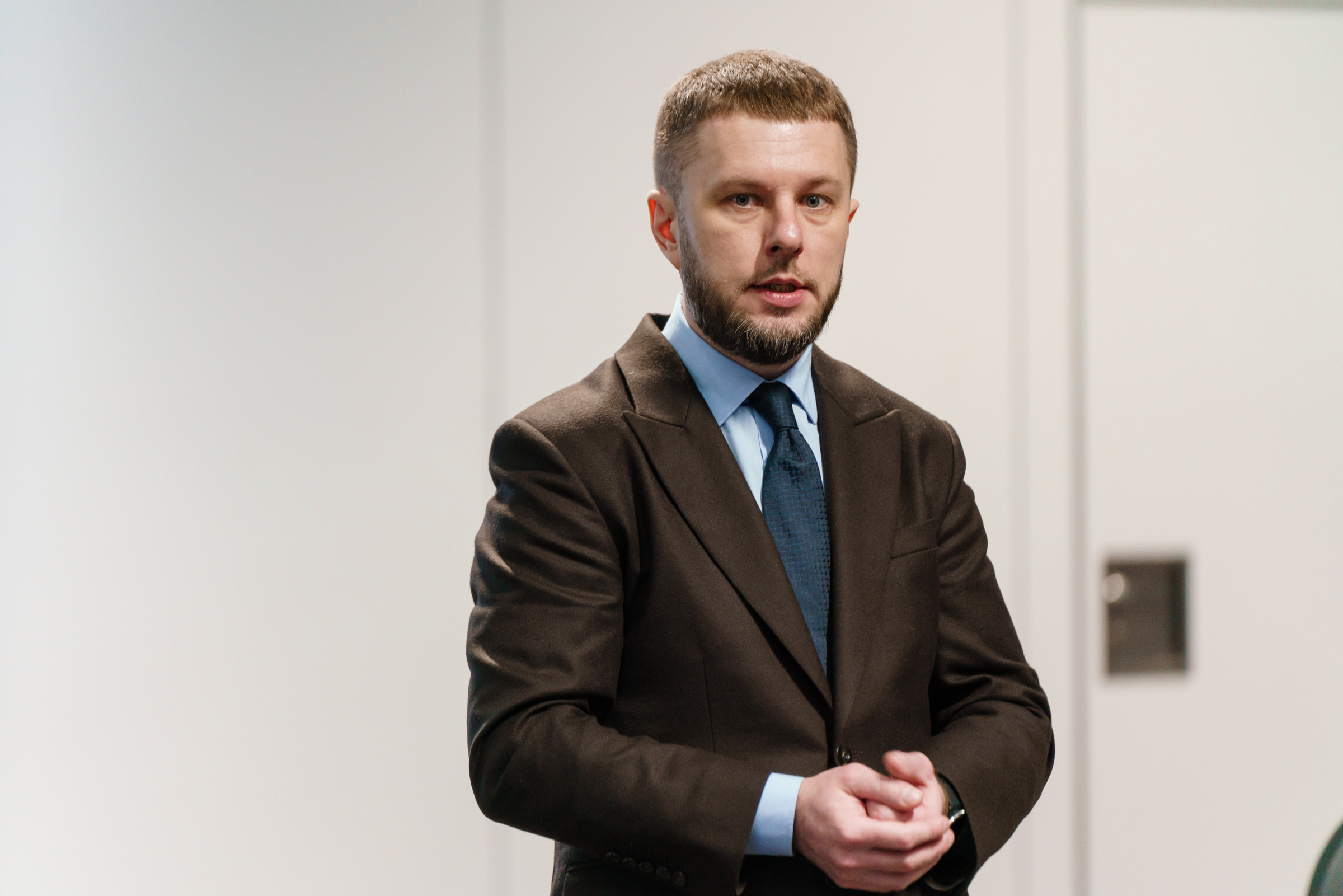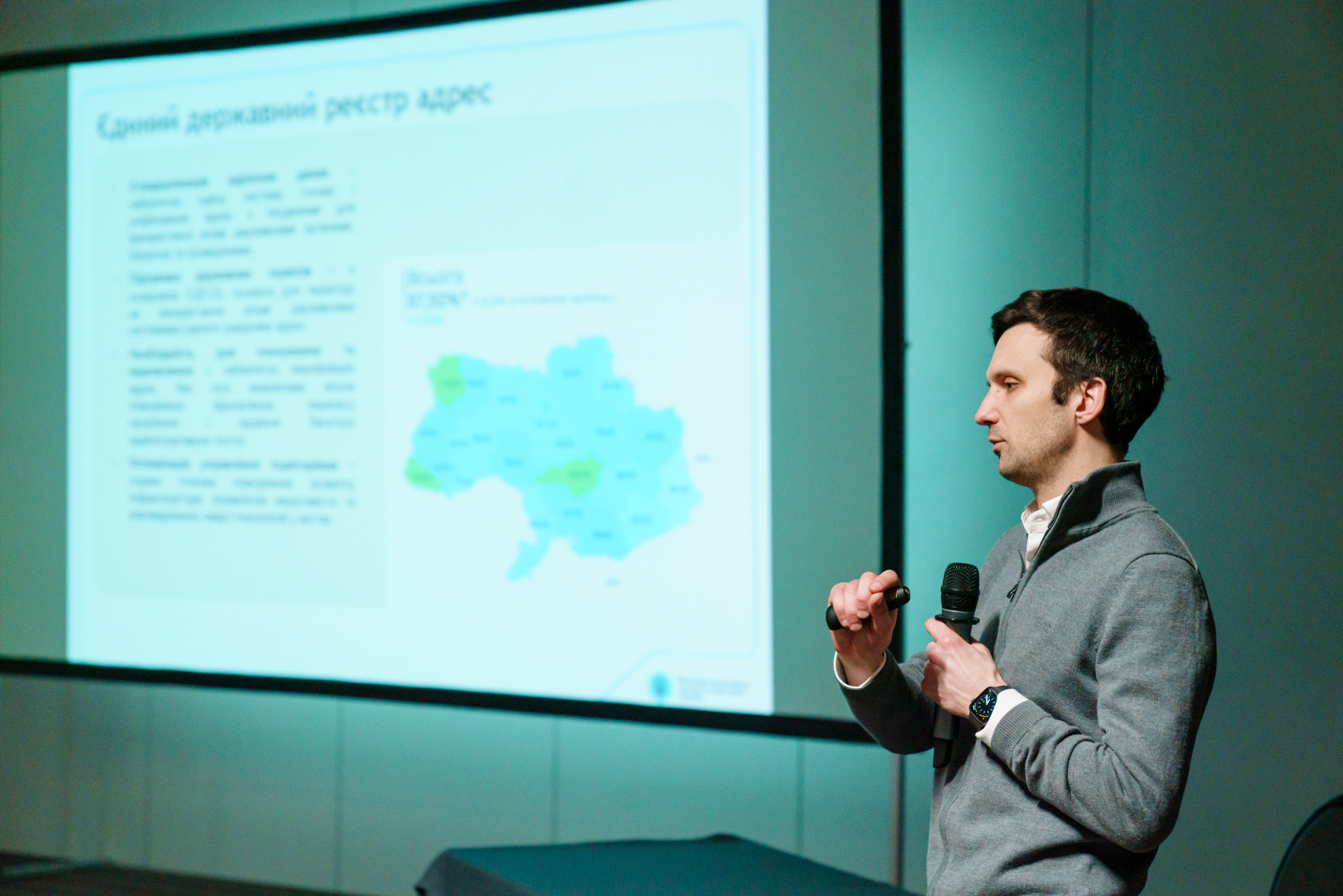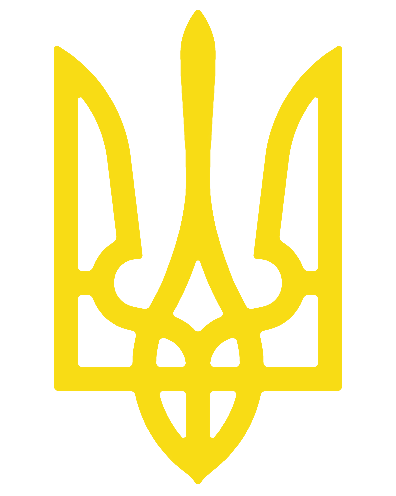On 19-20 March, a strategic session ‘Institutional Capacity to Support Digital Development of Communities’ was held in Kyiv. The event brought together representatives of the government, hromadas, experts and international partners to discuss current challenges and prospects for digital transformation at the local level, as well as the possibility of establishing Digital Competence Centres on the basis of Regional Development Agencies. The event was joined by Oleksii Ryabykin and Andrii Bratus, Deputy Ministers of Communities and Territories Development of Ukraine.

Oleksii Riabykin delivered a welcoming speech in which he emphasised the importance of digitalisation for the development of the state. He emphasised that digital transformation is a key factor in modernising communities and increasing their resilience.
‘Ukraine has become a model for many countries in the area of digitalisation. This demonstrates the high intellectual potential of our nation. Digitalisation in the regions is impossible without decentralisation reform, which showed its results at the beginning of the full-scale invasion, when Ukrainian communities were able to withstand without waiting for instructions from the centre. I support the idea of a unified strategy: decentralisation is a policy, and digitalisation is a tool to implement these policies. This is one of the key mechanisms of local democracy,’ said Oleksii Ryabykin.

Andrii Bratus, Deputy Minister of Development of Communities and Territories of Ukraine for Digital Development, Digital Transformation and Digitalisation, briefed the participants of the strategic session on current digital projects of the Ministry of Development of Communities and Territories. In particular, he spoke about the Register of Damaged and Destroyed Property (RDP), on the basis of which the eRestoration programme is being implemented, as well as the eChezha system, which simplifies border crossing for trucks, and the Unified State Register of Addresses, which systemises address information and creates a single reliable source of address data.
‘Digital tools will only work if there is digital capacity on the ground – trained people ready to use new systems, integrated data, and effective management. That is why we need to work together to improve digital literacy, establish processes at the local level and provide communities with modern technological solutions,’ said Andriy Bratus.

The strategic session lasts for two days, during which participants discuss systemic support for digital community development, challenges and resources, and formulate a joint action plan for further digitalisation of the regions.
The event was organised by the East Europe Foundation as part of the Swiss-Ukrainian E-Governance for Accountability and Participation (EGAP) Programme. The programme is aimed at developing digital competencies and introducing modern technologies in hromada management.
Follow the pages of the Ministry of Communities and Territories Development in social networks Facebook, Twitter, Telegram та WhatsApp

